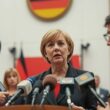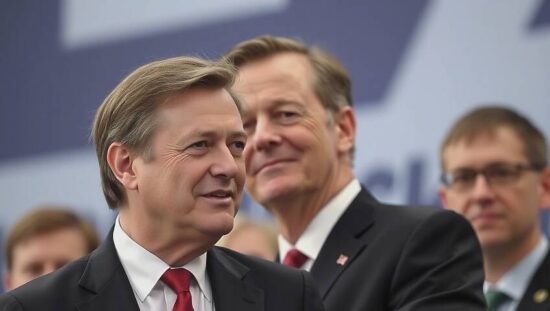A recent Forsa survey for the RTL Group in Germany has found that, should Friedrich Merz win the federal election, a majority of Germans (43%) would prefer a grand coalition between the Union and the SPD. Thirty-three percent of respondents would rather see Merz govern with the Greens and 17% support a coalition between the Union and the AfD, although Merz has categorically ruled out the latter.
Among CDU/CSU supporters, the grand coalition is the most popular option, with 53% in favor. In contrast, 81% of SPD voters prefer a grand coalition and only 28% of Union supporters would opt for a coalition with the Greens.
The AfD, despite its campaign rhetoric portraying the Union as the main opponent, has 92% of its supporters in favor of a coalition with the Union. Conversely, only 13% of Union voters would prefer a coalition with the AfD.
Forsa conducted the survey on February 6 and 7, 2025, questioning 1,001 people.
The grand coalition has a long tradition in Germany, with the first instance being in the years 1966-1969, led by Kurt Georg Kiesinger (CDU) and Willy Brandt (SPD). Angela Merkel governed for twelve of sixteen years as chancellor in a grand coalition, initially with Franz Müntefering, then with Sigmar Gabriel and finally with Olaf Scholz.
Critics view grand coalitions as a potential threat to democracy, as a concentration of power in the center could strengthen the political fringes. However, this claim is not empirically supported. Proponents, on the other hand, point to the great political stability that such alliances have enabled, as well as the fact that the once-large people’s parties have shrunk to the point where it is normal in a multi-party system to form alliances.





